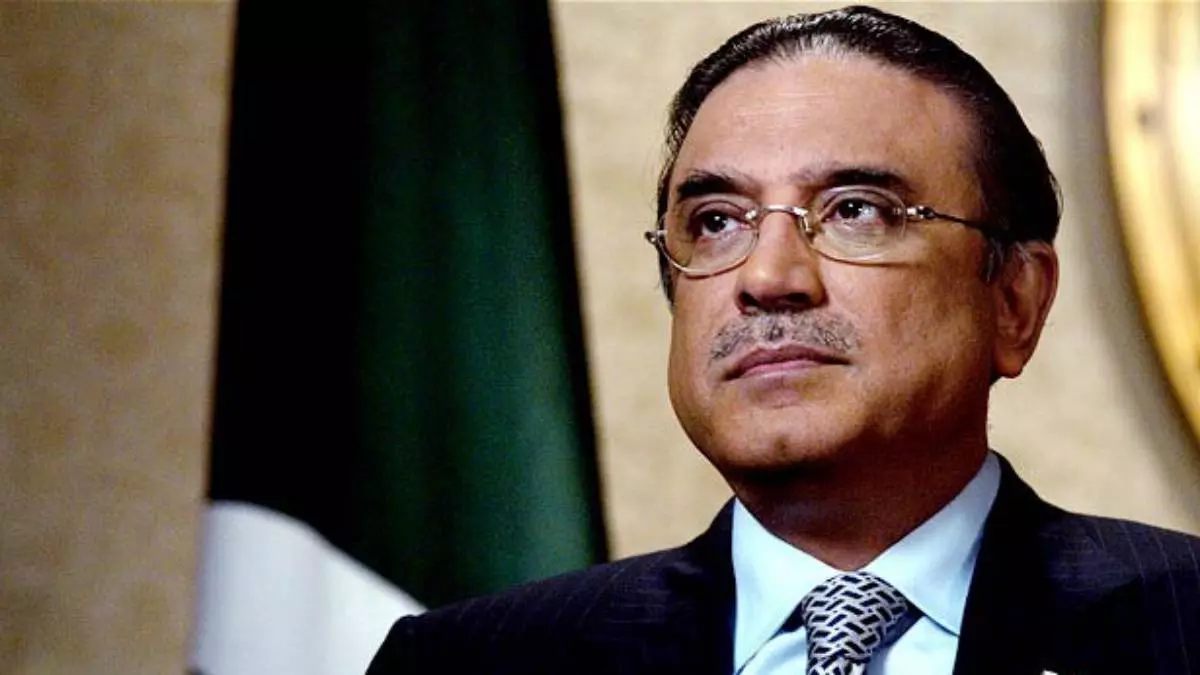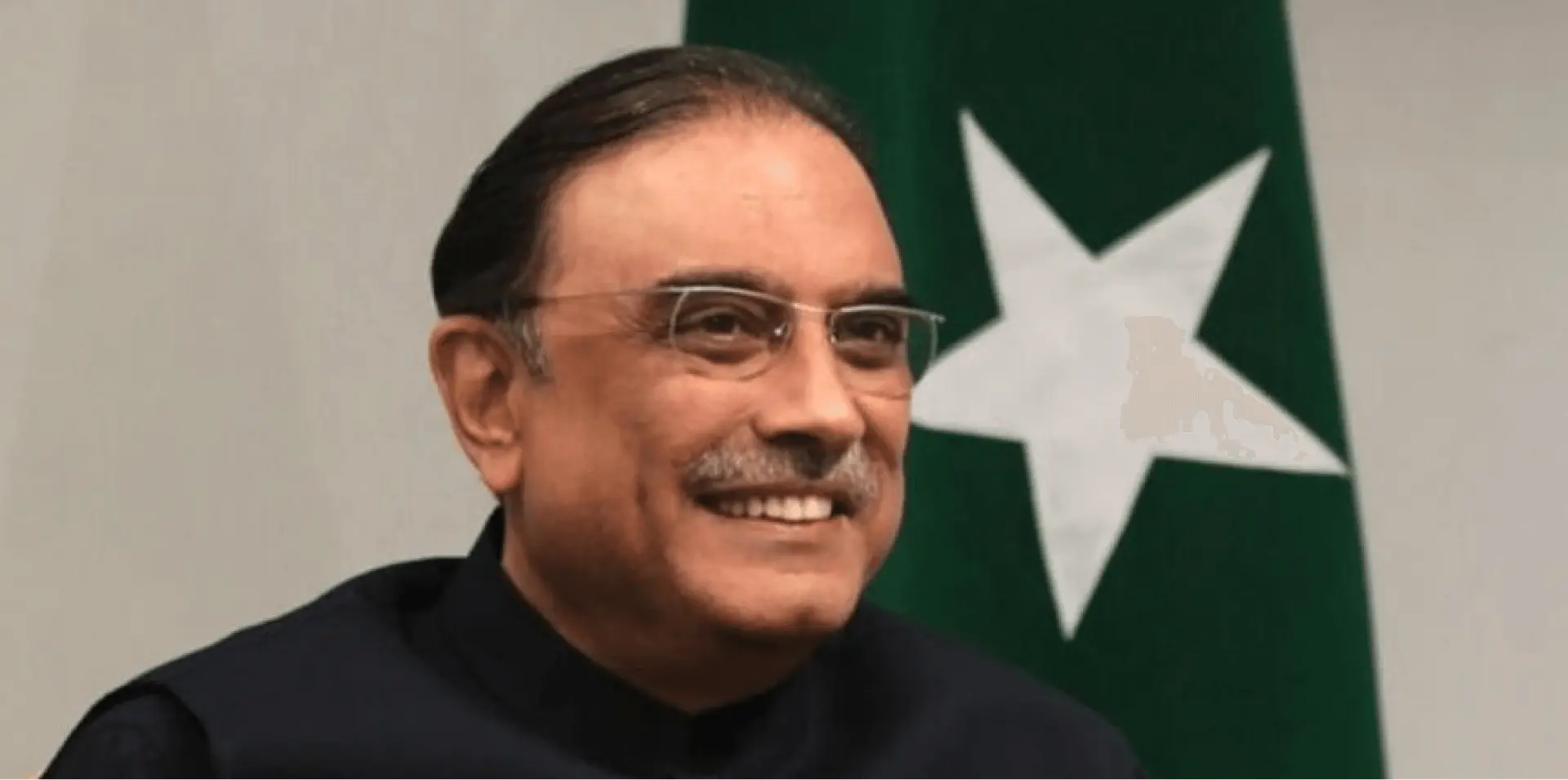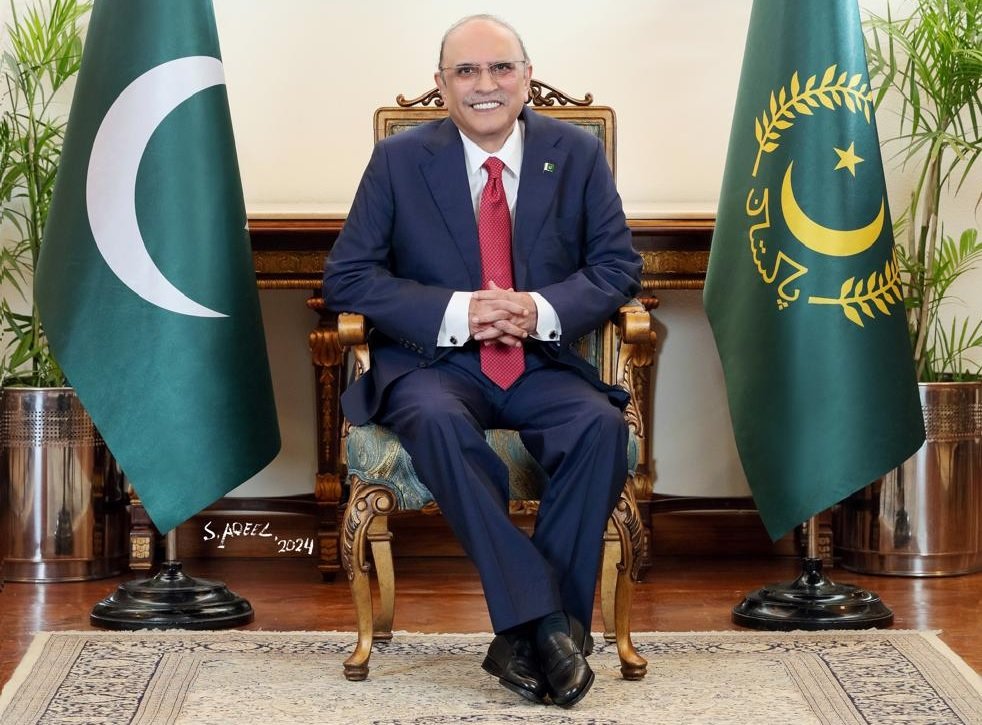Tax collection has always been an indispensable pillar in the architecture of a functioning state. Since the earliest formations of organized governance, levying taxes has been a standard practice to ensure the sustenance of administrative machinery, provision of public services, and the defense of the realm. No society, however prosperous or modest, can remain viable without a steady inflow of revenue, and taxes provide precisely that foundation. In modern states, particularly those with large populations and growing development needs, tax collection becomes not merely a fiscal necessity but a moral and civic obligation. Citizens who enjoy the privileges and protections offered by the state are expected, in return, to contribute their due share. This principle, though universally acknowledged in theory, often faces glaring contradictions in practice.
Pakistan, unfortunately, presents a classic example of this discrepancy. Despite repeated campaigns and policy measures to broaden the tax base, there remains a large segment of society that views tax payment not as a duty, but as a burden to be shirked. Various interest groups, often shielded by special patronage or informal networks, have for decades found ways to escape their share of contribution. Yet, amidst this culture of evasion and selective accountability, there exists one group that bears the burden consistently and inevitably—the government servants.
Unlike many other classes, the salaried government employees in Pakistan have no room to maneuver or evade. Their income, being drawn directly from the state exchequer, is subject to automatic deductions at the source. Regardless of their consent or financial flexibility, they are taxed before their salaries even reach their hands. And this past fiscal year, these deductions reached a record high. According to recent reports, the salaried class contributed an astounding Rs. 545 billion in income tax during the fiscal year ending June 30, 2025. This contribution not only surpassed but dwarfed the combined tax paid by two other significant segments of the economy—exporters and retailers.
Exporters, despite enjoying the benefits of earning in foreign currency and having access to substantial government incentives, paid only Rs180 billion. Retailers, a politically entrenched group historically resistant to documentation and regulation, contributed a meager Rs62 billion under sections 236G and 236H of the Income Tax Ordinance. When added together, these two sectors paid Rs242 billion—less than half of what the salaried class alone contributed. This disparity speaks volumes about the structural inequalities embedded within the tax regime. Why are income tax rates not levied on other sectors of life at the same rate and with the same spirit as government employees? This question echoes across the corridors of public discourse, unanswered and inconvenient.
The government employees’ contribution of Rs545 billion marked a sharp increase from Rs367 billion in the previous fiscal year, indicating an additional burden of Rs178 billion. Such a dramatic rise, though indicative of increased revenue collection, also highlights the lack of equitable tax enforcement across sectors. It is deeply ironic that those who are most exposed, most transparent in their earnings, and least able to avoid taxation, are the ones carrying the largest share of the burden.
The much-publicized Tajir Dost Scheme (TDS), introduced with fanfare as a mechanism to bring retailers into the formal tax net, has largely failed to deliver on its promises. Retailers, despite their profitability and volume of transactions, have managed to evade meaningful taxation yet again. Sections 236G and 236H, which impose taxes on distributors, dealers, wholesalers, and retailers based on their gross sales, were meant to serve as deterrents against non-compliance. However, even these measures have resulted in limited success. While they have generated some revenue and forced a few into the net, the overall response remains lukewarm.
In light of this, the Federal Board of Revenue (FBR) has attempted to offer some relief to the already overburdened salaried class. According to FBR’s officials, the first two tax slabs have been revised downward for the fiscal year 2025-26. Individuals earning between Rs600,000 and Rs1.2 million annually will now be taxed at 1 percent instead of 5 percent, and those earning between Rs1.2 million and Rs2.2 million will see their rate reduced from 15 percent to 11 percent. This adjustment is expected to provide a collective relief of Rs50 billion to the salaried class—though one could argue it is a modest reprieve considering the scale of their contribution.
Among the salaried class, government employees serving in teaching and research roles had long benefitted from a modest tax rebate—a recognition of their intellectual service to the nation. This rebate was first introduced under General Pervez Musharraf’s government in 2006 at a generous 75%, later reduced to 40% in 2013, and then to 25% by 2022. However, under the Finance Act 2022, the rebate was entirely withdrawn, leaving academicians and researchers without the relief they had relied upon for over a decade. In March 2025, following sustained advocacy by teacher associations, the federal cabinet reinstated the 25% rebate. Yet this reinstatement was met with resistance from the IMF, which objected to the rebate’s continuation on the grounds of tax harmonization.
Despite IMF pressure, the government, through the Finance Bill 2025–26, restored the 25% rebate retrospectively for Tax Years 2023, 2024, and 2025. This gesture has been welcomed as a step toward acknowledging the unique service of educators and researchers, though uncertainty looms over the rebate’s future. Such episodes illustrate the broader dilemma—whether national fiscal policy should prioritize external directives or respond to domestic needs and the principle of fairness.
In any fair and responsible state, the tax regime must be broad-based, equitable, and transparent. Burdening only those who are easily accessible while allowing powerful segments to remain untouched breeds resentment and erodes public trust. The salaried class, especially government servants, have performed their duty—often without applause or recognition. It is now time for other sectors to rise to the same standard. Equity in taxation is not merely a question of numbers; it is a test of the state’s moral authority and administrative integrity.

Director General National Assembly Parliament House Islamabad.












